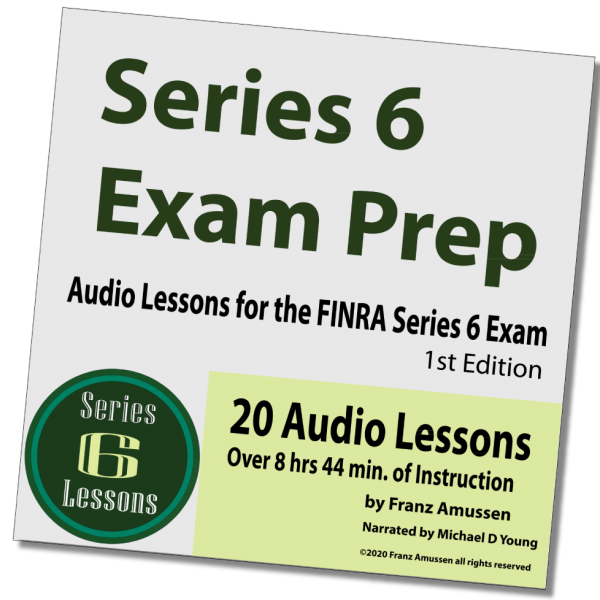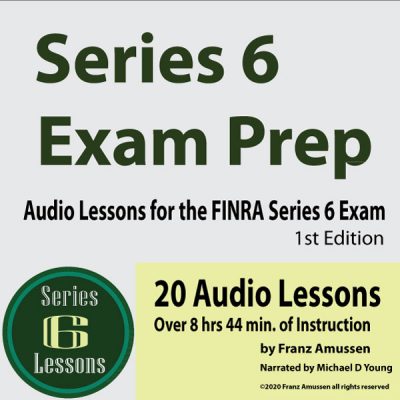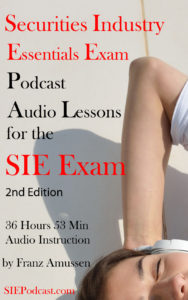Series 6 Lesson 8 Mutual Funds pt 1
Series 6 Lesson 8 Mutual Funds pt 1 is our first discussion on Mutual Funds
This is a big investment portfolio that can give as many shares as investors want to buy. The shares of the fund do not change value when investors buy shares. Shares become more valuable when the securities in the portfolio give out income. There is no guarantee that the securities will gain in value. These funds are strongly diversified and run by a professional investment advisor. This helps people invest without too much effort.
Advantages:
-You have the expertise of a professional investor.
-It is easy to diversify
-You can liquidate some part of it without losing diversity
-It is simpler on taxes
-It is easier to keep records about
-Easier to purchase
-Automatic reinvestments of capital gains
Ways that Mutual Funds Diversify
-Different kinds of industries
-Types of investments instruments
-Types of securities issuers
-Different geographic areas
Types of Mutual Funds
Equity Funds: These focus in investing in equity securities.
Growth Funds: Invest in companies that are aggressively growing. They have high prices, but can bring in high returns.
Value Funds: These have a low price, but offer low returns.
Blend Funds: In the middle between value and growth funds.
Growth and Income Funds: A mix of some stocks that are growing and some that provide dependable income.
International Funds: Invests in companies outside the U.S.
Global Funds: Funds in the U.S. and in other countries.
Bond Funds: Collections of bonds together. Treasury funds have low risk/yield and corporate bond funds have high risk/high yield. These are taxable.
Tax-Exempt Bond Fund: These are collections of municipal bonds.
Money Market Mutual Funds: Tax free, very low returns. Keeps a stable value.
Specialized Fund: These funds specialize in a certain strategy, just one industry or group.
Asset Allocation Funds: These funds will allocate your funds on your behalf.
Precious Metals Funds: Invests in precious metals, such as gold, silver, and platinum.
Hedge Funds: These are funds that are only available to accredited investors that have over $1 million in net worth and makes more than $200,000 per year. If they are married, they can pool their net worth and they have to make at least $300,000 per year.
Hedge funds use diverse, high-risk strategies, which means that people need to have some money in the bank. They are illiquid. They cannot be sold for at least a year. They charge high management fees and about 20% of the gains. Even if you are non-accredited investors can buy mutual funds that invest in hedge funds.
We also offer lessons for:
The Series 7 Exam
https://gumroad.com/l/ILYu
The Series 22 Exam
https://series6lessons.com/series-22-exam/
The Series 63 Exam
https://series6lessons.com/series-63-exam-lessons/
The Life Health Insurance Exam
https://series6lessons.com/insurance-lessons/
The SIE Exam (Securities Industries Essentials Exam)
https://series6lessons.com/finra-sie/
Click on any of them to find out more
Podcast: Play in new window | Download (Duration: 10:52 — 4.5MB)
Subscribe: Apple Podcasts | RSS | Subscribe to Podcast




